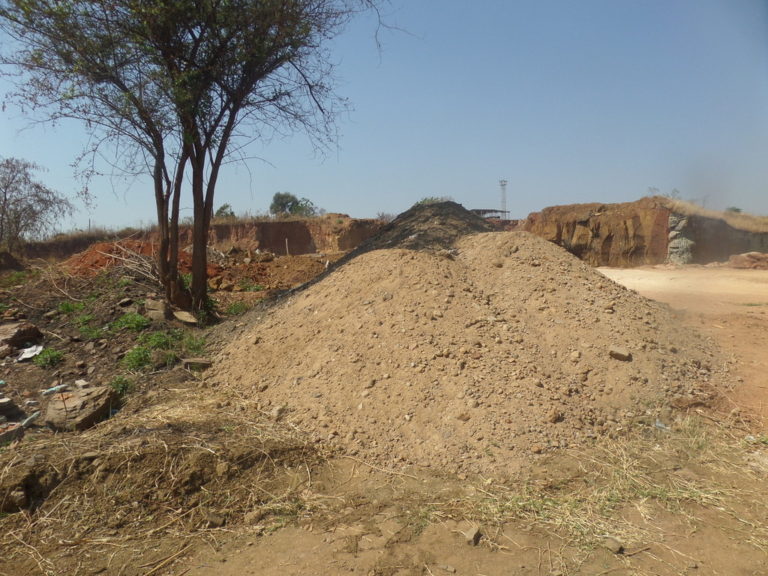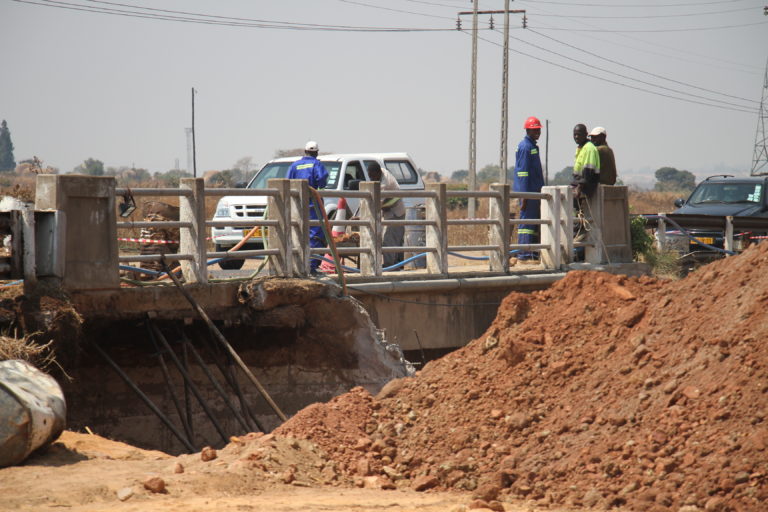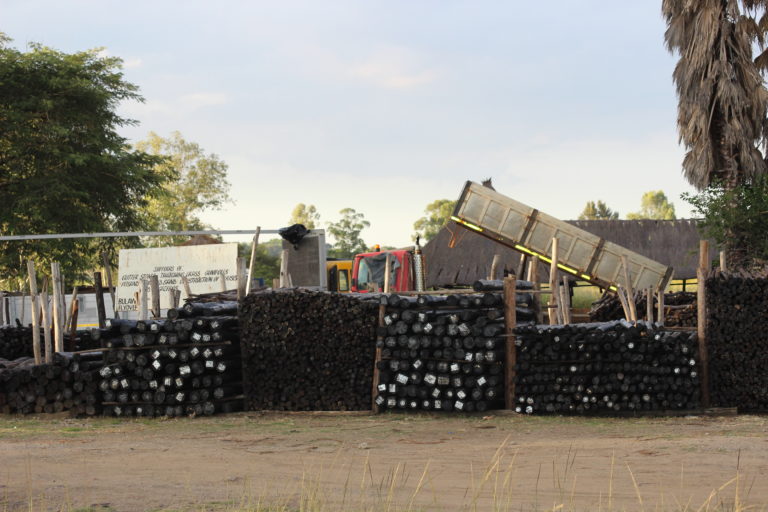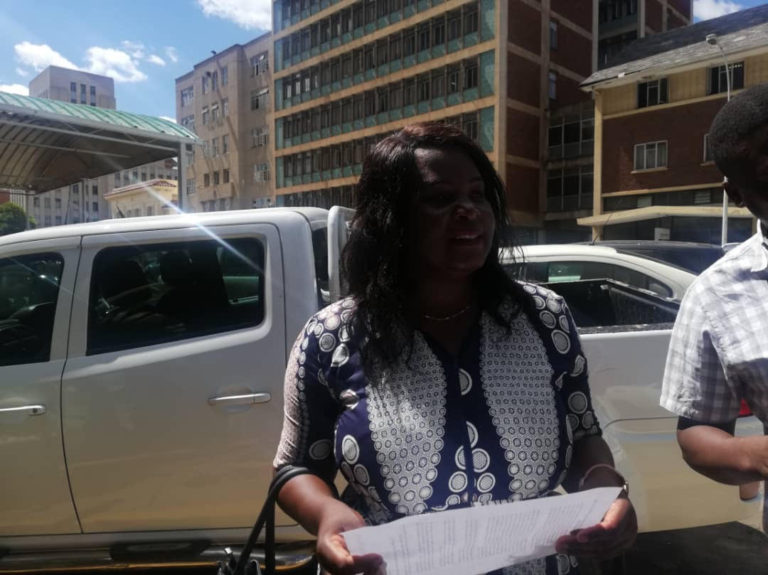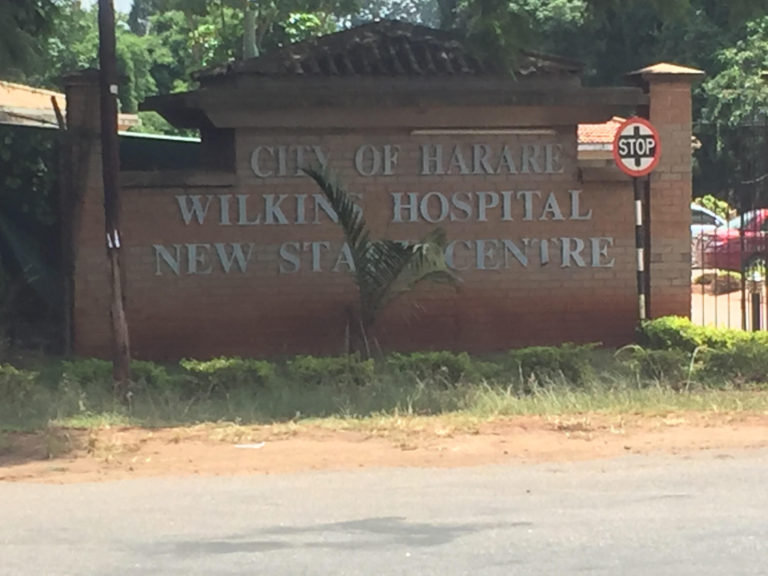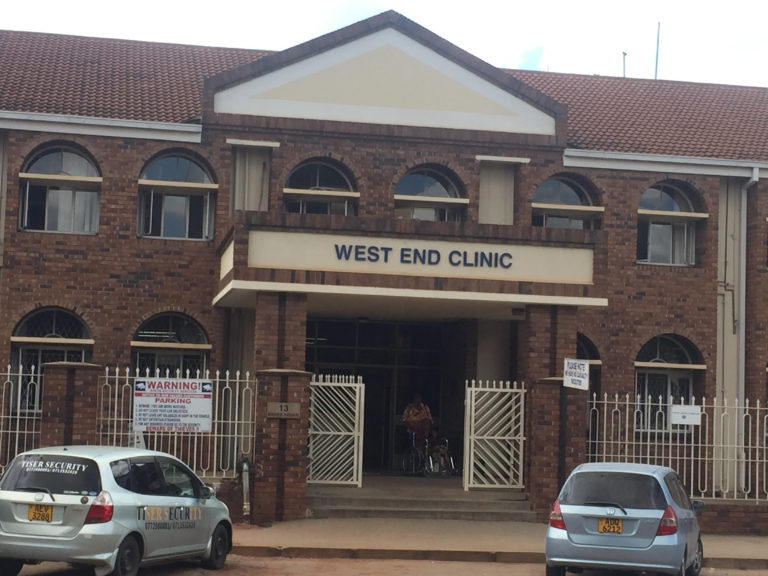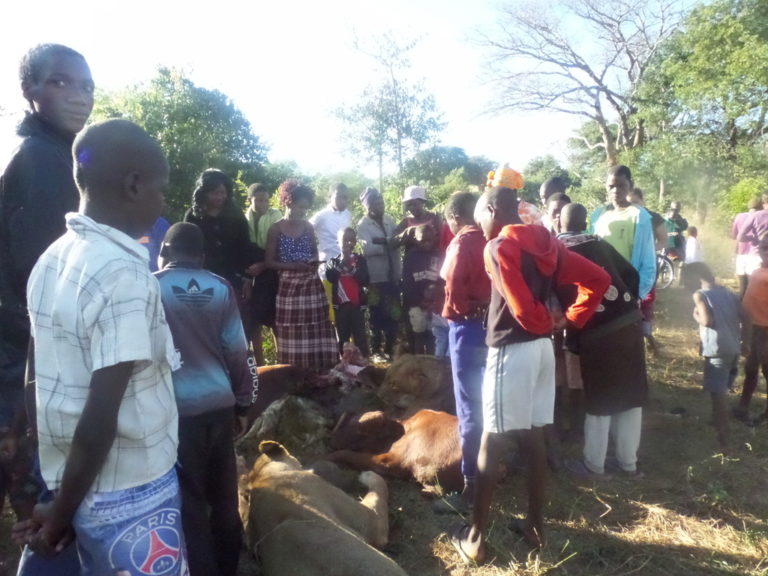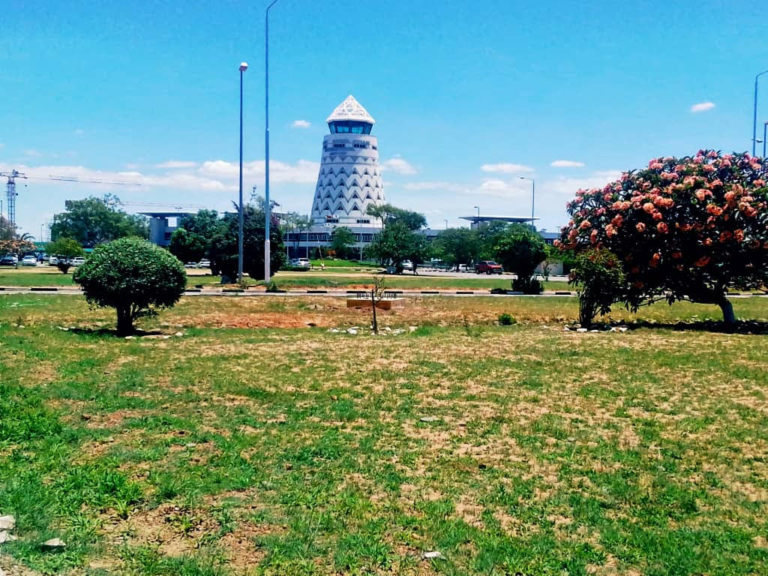HARARE — At the top of a hill, bulldozers and caterpillars maneuver their way, slicing off the hill of its remaining sections as they almost approach an enormous concrete council water tank perched above the hill.
Here in Warren Park, a high-density suburb seven kilometers west of the Zimbabwean capital Harare, the business of gravel soil digging above the hill has become a brisk one.
But, come rain season, environmental experts like Happison Chikova, a holder of a degree in Environmental Studies from Midlands State University, have complained that the dug areas below and atop the hill in question have had to be gradually washed away.
“Harare faces serious trouble from these gravel soil scavengers. After they dig up whatever they get, the remains at each rain season are washed away and they go straight to water bodies like Lake Chivero, leading to siltation of the lake,” Chikova told Ubuntu Times.

Lake Chivero supplies water to the entire Harare city and other neighboring Zimbabwean towns like Chitungwiza, a dormitory town south-east of the Zimbabwean capital.
Amid thriving gravel soil and sand poaching around Zimbabwe’s towns and cities, lakes like Chivero have not been spared from the maladies of siltation, which experts have blamed for the continued water deficits facing Zimbabwe’s towns and cities.
For instance, according to the Harare City Council, siltation into Lake Chivero has reduced its total storage capacity by an estimated 20 percent.
“Pumps at Lake Chivero are being blocked up by severe sedimentation resulting in them frequently malfunctioning; we have been facing challenges with pumping water from the reservoir here because siltation has now overburdened the intake pumps,” Clifford Muzofa an official from the Harare City Environmental Department, told Ubuntu Times.
Not only gravel soil or sand poaching is to blame for the intensification of the country’s water bodies.

Even rising urban farming in this Southern African nation has also impacted negatively on the water bodies, according to environmental activists.
“People are having mini fields all over the city, for example here in Harare, be it on hills, mountains or across or downhill, and that is causing serious problems into the city’s water bodies, the same problem which is occurring across other towns,” Mevion Chaguta, a member of the Zimbabwe Environmental Lawyers Association, told Ubuntu Times.
Based on Zimbabwe’s Urban Councils Act, it is a punishable offense for anyone to be found practicing urban farming on council land.
Nevertheless, thousands if not millions of urban dwellers across Zimbabwe are involved in urban agriculture, people like 56-year old Tichaona Mugwisi of Mabvuku high-density suburb, east of Harare.
“I’m personally without a reliable source of income and in order to supplement my family’s food, I have made sure that we plant maize at some open space not far from my home,” Mugwisi told Ubuntu Times.
For many like Mugwisi, even the country’s dire economic straits have left them with no choice as they can’t afford buying meal-mealie, their staple food, amid ballooning inflation.

Inflation in this country, according to the International Monetary Fund (IMF) last year hovered around 300 percent and to evade this, many like Mugwisi have had to turn to urban farming to produce their own food.
An ordinary 10 kilogram of maize meal in Zimbabwe now costs about 200 dollars, an equivalent of approximately 12 USD, which many like Mugwisi can only dream to have.
To the Environmental Management Agency (EMA), since last year anyone caught digging or transporting sand or gravel illegally faced a fine of up to $5,000 (300 USD) or one-year incarceration.
Based on EMA regulations, anyone who wants to engage in commercial sand extraction here also has to obtain an EMA operational license, without which it is a criminal offense to extract sand or gravel.
But, even this has not deterred gravel and sand poachers across Zimbabwe’s towns and cities, a move civil society leaders say has not augured well with the country’s water bodies.
“People who do sand poaching are rarely arrested in this country because they have links to the political leadership of this country and therefore they place themselves above the law, doing whatever they want without being questioned, even destroying the environment,” Milton Ziora, a member of the Harare Residents Trust, told Ubuntu Times.

Established under Zimbabwe’s Environmental Management Act [Chapter 20:27] and enacted in 2002, EMA is a statutory body responsible for ensuring the sustainable management of natural resources and protection of the environment, the prevention of pollution and environmental degradation.
For the Zimbabwean government’s land officers like Jimson Chauruka based in Masvingo, the country’s oldest town, ‘land degradation besides siltation of water bodies has become the order of the day because of both sand poaching and urban farming.’
“Precisely, owing to gravel soil and sand poaching as well as urban farming, Zimbabwe’s growing urban population is being left without adequate land to build homes,” Chauruka said.
According to EMA, currently, 10 percent of Zimbabwe’s soil is under high risk of erosion from land degradation, desertification, and drought.

